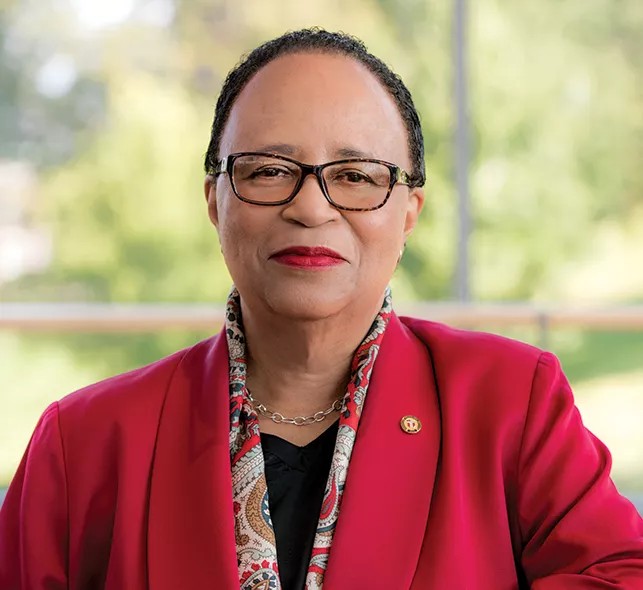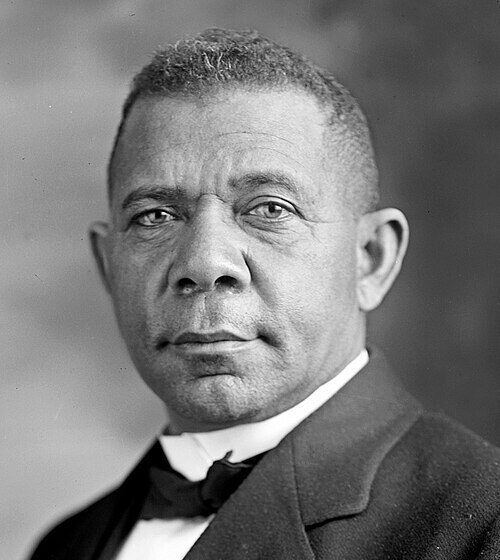By Samuel G. Knox | UniteNews Staff Writer
It has long been known that a father’s presence in the household is important for the positive well-being of families, neighborhoods, and youth. Dads who actively participate in the lives of their families provide a steady source of stability and support.
The consequences of such support impact a wide range of child developmental outcomes, including behavior, academics, and health. Involved fathers are also more likely to engage in positive parenting behaviors like academic intervention and constructive discipline.
There is a pervasive myth about Black fathers: that they’re more often than not absent from their children’s lives. But if you look at the data, it turns out the truth is far more complicated than the ugly stereotype suggests.
New York Times columnist Charles Blow previously took on this myth. Blow started with the basis for much of the idea: Centers for Disease Control and Prevention (CDC) data that showed 71.5 percent of Black, non-Hispanic children in 2013 were born to unmarried women, compared with 29.3 percent of white, non-Hispanic children.
But as Josh Levs pointed out in his book All In, 2.5 million of 4.2 million Black fathers-or about 59.5 percent-live with their children. Levs’s numbers suggest that it’s not true, as the CDC figures might suggest, that 71.5 percent of Black dads are absent from their homes. Rather, many of them are simply unmarried.
When Black fathers do live with their children, they’re just as likely, if not more likely, to be involved in their kids’ everyday lives. Blow cited CDC data showing that Black fathers are more likely than their white and Hispanic counterparts to feed, eat with, bathe, diaper, dress, play with, and read to their children on a daily basis.
Many fatherlessness statistics utilize marital and housing status as cornerstone metrics, resulting in highly inflated figures. These stats do not account for the fact that men may have passed away, couples may live together while unmarried, couples may be divorced, and-let’s not forget-that, due to the system of incarceration, men are not only separated from their families but are often prevented from staying in the home with their families if the housing is federally provided.
Research by scholars like Waldo E. Johnson Jr., Ph.D., professor at the University of Chicago School of Social Service Administration, leads efforts to re-educate the public about Black fatherhood. He also brings attention to the men who stand in as genuine, authentic father figures for children who have lost fathers for whatever reason.
This is not an attempt to excuse those fathers who are absent and not involved with or supportive of their children’s lives. The data suggest that there is a real problem when a little less than half of Black fathers in this country are not married to the mother of their children. I advocate for programming that addresses pre-marital education and marriage enrichment courses and retreats.
Former President, Barack Obama has spoken extensively about the importance of fatherhood, emphasizing responsibility, presence, and the positive impact fathers have on their children and communities. He stressed that fatherhood is not just a personal role but a national priority: “Our children don’t need us to be superheroes… being a father—it’s not just an obligation and a responsibility; it is a privilege and a blessing, one that we all have to embrace as individuals and as a nation.”
Obama concluded his 2008 speech with a message of hope and perseverance: “That is our ultimate responsibility as fathers and parents. We try. We hope. We do what we can to build our house upon the sturdiest rock… when the winds come, and the rains fall… we keep faith that our Father will be there to guide us, and watch over us, and protect us, and lead His children through the darkest of storms into the light of a better day.”
This article was revised and reprinted from the June, 2022 UniteNews.





